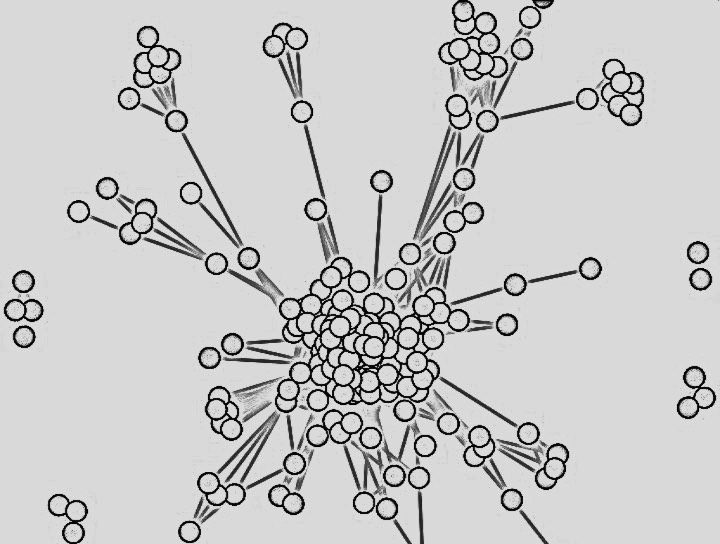Upcoming In-person Workshops
As we discussed at the Annual Meeting, we are planning some in-person workshops to advance several strategic cross cutting areas of interest and further fuel inter-lab discussions and collaborations.
Three workshops are in the pipeline
-
- Diel Processes (fall 2022)
- Transects and Eco-Provinces (winter/ Jan 2023), and
- Zooplankton in Marine Ecosystem Models (spring 2023)
each envisaged as a 4-5 day meeting somewhere on the East Coast of the U.S. (specific locations t.b.d.), bringing together up to twenty-five attendees for focused discussions and some hands-on activities.
In order to help us with next steps, please indicate your interest in potentially participating in one or more of the workshops by filling out the form below. Note: this form is to gauge interest to help us with our planning and not a commitment. There will be a formal registration later.
Please respond by Tuesday 5th July.
Note: If you weren’t able to attend Annual Meeting, descriptions and recordings of introductions to the three workshops can be found below.
Descriptions and recordings of introductory presentations from the recent Annual Meeting
Workshop I
Diel Processes
Organizers: Bror Jonsson, Ioannis Tsakalakis, Joe Vallino, Francois Ribalet
The distribution of marine phytoplankton is strongly controlled by physical processes on different spatial and temporal scales. While biogeochemical and ecosystem models normally focus on timescales from days to decades and spatial scales larger than 1/10°, there is an increasing interest in also including finer-scale processes to better understand ecosystem dynamics. For example, models that include submesoscale pro cesses (∼ 1 km) can explicitly resolve physical processes that control vertical mixing and provide critical insight into how the interplay between the surface ocean and deeper nutrient-rich waters is affected by climate change. Another example is recent observations showing a strong connection between semidiurnal tides, phytoplankton physiology, and new production. While the benefits of higher resolution models are clear, bridging the gap between fine-scale physical and biological processes on diurnal timescales remains challenging and there are still plenty of gaps in our knowledge. Several groups within CBIOMES (and the wider Simons community) have identified this opportunity and are working on the problem individually. This workshop will focus on the challenges and opportunities when studying and modeling physical and biological processes on diurnal timescales to find synergies between different projects and is intended to allow modelers, observationalists, physiologists, statisticians, and satellite oceanographers to meet and learn from each other, and hopefully set a roadmap to integrate diurnal processes into current models.
Workshop II
Transects and Eco-provinces
Organizers: Paul Mattern, Francois Ribalet, Chris Follett, Jacob Bien
Researchers within the CBIOMES community have substantial expertise in thinking about the spatial structuring of ocean data and how spatial correlations between datasets can be used to build and test theories for phytoplankton populations and their growth. This workshop seeks to build connections between the extensive work done on continuous SeaFlow data with parallel efforts focused on model-data comparison using spatial provinces. Our workshop will center on transects and eco-provinces. The first part will focus on transect data (both SeaFlow and DARWIN model), leveraging the CMAP infrastructure to define a ‘master’ transect set which includes ancillary data (temperature, satellite, etc.) as well as derived quantities (growth rate, mortality, etc.). This matched dataset can then be used to set up and test prediction algorithms and compare different clustering approaches to these transects, seeking better ways to relate the ocean state to the corresponding ecosystem. The second part will focus on spatial provinces. The CBIOMES Provinces Working Group has a low temporal resolution, matched DARWIN-Observations dataset focused on remote sensing. We hope to connect the transect analysis to eco-provinces described in these global datasets. One potential outcome of the workshop would be a white paper connecting ecological provinces from transects with spatial provinces from maps.
Workshop III
Zooplankton in Marine Ecosystem Models
Organizers: Niall McGinty and Andrew Irwin
Zooplankton function as the intermediate pathway between the base of the food chain and higher trophic levels such as fish, birds, and mammals in the pelagic ocean (Landry et al., 2019; Mitra et al., 2014). Zooplankton also exhibit a well-documented impact on chemical cycling in the ocean (Buitenhuis et al., 2006; Steinberg and Landry, 2017; Turner, 2015). Despite the central position they occupy in the pelagic ecosystem, we lack the same level of understanding of secondary production estimates compared with that of the primary producers. Zooplankton are often the poorest performing variable in marine ecosystem models. Observational data of zooplankton communities in the ocean are typically not synthesized into aggregated data products that can be easily used in data assimilation and validation of marine ecosystem models. The development of high throughput imaging, bioacoustic and genetic sampling has increased observation capabilities for zooplankton beyond traditional net sampling. The workshop aims to identify potential applications of these data to improve estimates of zooplankton biomass and biogeography, model design and testing, and to build methodological frameworks for achieving these goals.

